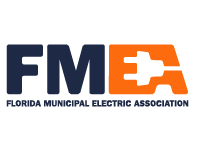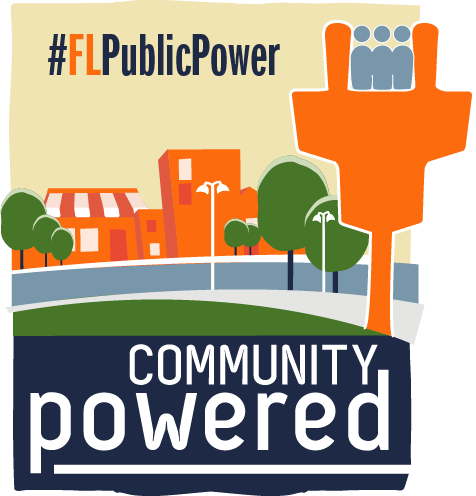Public Utilities Now Have Better Protections Against Threats
 Critical infrastructure consists of the assets, systems and networks that provide services and functions that we rely on every day. Over the past two decades, as technology advanced and the world became more interconnected, the threats to our critical infrastructure – whether accomplished by cyber or physical attacks – have been on the rise. Among these assets, systems and networks facing threats are utilities.
Critical infrastructure consists of the assets, systems and networks that provide services and functions that we rely on every day. Over the past two decades, as technology advanced and the world became more interconnected, the threats to our critical infrastructure – whether accomplished by cyber or physical attacks – have been on the rise. Among these assets, systems and networks facing threats are utilities.
The North American Electric Reliability Council has noted that physical attacks on domestic utilities are on the rise. According to data released by the Electricity Information Sharing and Analysis Center (EISAC), there were almost 1,700 physical security incidents reported in 2022, up 10.5 percent from 2021.
Recent assaults on power infrastructure across the country have led to mass outages and prompted calls from both state and federal lawmakers for new security measures. Last year, there were 163 reported electrical incidents or disturbances caused by acts of vandalism, physical attacks, or “suspicious activity,” according to an Axios analysis of data from the Department of Energy.
To protect the critical infrastructure system more fully from human-caused physical threats, more than 19 state legislatures have recently stepped up to bolster the security of America’s electric grid, harden utility infrastructure and support quick and effective responses to incidents.
Until this most recent legislative session, Florida did not have specific criminal penalties in law for the knowing and intentional attack of electric substations, potable water utilities, natural gas facilities, and other assets defined as critical infrastructure by law.
Thanks to the leadership of bill sponsors Senator Clay Yarborough (R-Jacksonville) and Representative Jennifer Canady (R-Lakeland), intentional tampering with and trespassing on critical infrastructure, as well as unauthorized access to critical infrastructure via a computer, will now be a felony offense. The fines and prison sentences associated with second- and third-degree felony offenses will help serve as a deterrent to critical infrastructure attacks.
Florida public power utilities spend millions every year on investments in resiliency, including strengthening critical infrastructure. Putting strong penalties into place for those who would willingly damage critical infrastructure will add another layer of protection for all Florida utilities’ assets and will bolster Florida public power utilities’ ability to provide their more than 3 million residential and business consumers with reliable power.
In the coming years, owners of critical infrastructure assets will inevitably face new and increasing threats and it is imperative that those who choose to deliberately harm these assets know that there are now consequences under Florida law.
On behalf of Florida’s 33 public power utilities, I thank Senator Yarborough, Representative Canady and the Florida Legislature for passing this bill, as well as the Governor for recently it into law, so we can help safeguard these vital systems and ensure the continued functioning of our society.
Amy Zubaly is the Executive Director of the Florida Municipal Electric Association, which represents the unified interests of 33 public power communities across the state.
 Enter your email address in the
Enter your email address in the 